A member of the gourd family (Cucurbitaceae), zucchini is an easy-to-grow summer squash native to Central America and Mexico. It was brought to the United States by Italian immigrants during the 1920s. Some popular zucchini varieties include golden zucchini, scallop, yellow straightneck and yellow crookneck.
Zucchini grows best in warm, frost-free weather, and thrives in fertile, moisture-rich soil with a pH level between 6.0 and 6.5 (slightly acidic). It grows on bushy plants that can grow between 1 and 3 feet tall, although some varieties may have “creeping” tendencies. Aside from the actual fruit (zucchini is a fruit, botanically speaking), the large, yellow and trumpet-shaped blossoms are also edible.
Zucchini can grow to massive sizes, but small and medium-sized zucchinis are more flavorful. The bigger the zucchini, the harder, seedier and less flavorful it becomes.
You won’t run out of uses for zucchini, as it is highly versatile and suits many recipes. You can mix it into soups, salads or frittatas, serve it as a side dish with your meat dishes, or make “zucchini fries,” served with an onion dip as an appetizer. Want a healthy, no-grain and no-wheat pasta? Make zucchini “noodles” using a vegetable peeler — it will be as al dente as regular spaghetti.
Health Benefits of Zucchini
You’ll surely be impressed with the nutritional content of zucchini. It’s low in calories (with only 17 calories per 100 grams), high in fiber, and has no cholesterol or unhealthy fats. It’s also rich in flavonoid antioxidants such as zeaxanthin, beta-carotene and lutein, which play a significant role in slowing down aging and helping inhibit diseases with their free radical-zapping properties.
Zucchini is also a wonderful source of potassium, a heart-friendly nutrient that may help moderate your blood pressure levels and counter the effects of excess sodium. It’s also rich in B-complex vitamins, folate, B6, B12 and B2. Zucchini has minerals like zinc and magnesium, both of which are valuable in ensuring healthy blood sugar regulation — a definite advantage for diabetics. It also contains essential minerals such as iron and phosphorus.
It’s important to remember that some zucchini varieties in the United States are genetically modified, so it’s best to purchase this vegetable organic. As with other members of the gourd family, zucchini contains lectins, which are plant proteins that may negatively affect your health. So when cooking them, make sure to peel and remove the seeds first.
| Zucchini Nutrition Facts
Serving Size: 3.5 ounces (100 grams), with skin, raw |
||
| Amt. Per Serving |
% Daily Value* |
|
| Calories | 17 | |
| Total Fat | 0.32 g | |
| Saturated Fat | 0.084 g | |
| Trans Fat | ||
| Cholesterol | 0 mg | |
| Sodium | 8 mg | |
| Total Carbohydrates | 3.11 g | |
| Dietary Fiber | 1 g | |
| Sugar | 2.5 g | |
| Protein | 1.21 g | |
| Vitamin A10 µg | Vitamin C | 17.9 mg |
| Calcium16 mg | Iron | 0.37 mg |
Studies on Zucchini
Research shows that storing zucchini at a low-temperature environment may increase its enzymatic pectin activity. An increasing number of studies have shown that pectins provide antibacterial, antioxidant, anti-inflammatory, antidiabetic and insulin-regulating properties.
Moreover, a study published in the journal Nutrients highlights zucchini’s benefits in improving human health by helping inhibit hydrogen peroxide-induced damage and exhibiting anti-proliferative and pro-apoptotic action against tumor cells.
Zucchini Fun Facts
Did you know that the largest zucchini ever recorded was 8 feet and 3.3 inches long? Giovanni Batista Scozzafava of Niagara Falls, Ontario, Canada grew the massive vegetable in his garden.
If you’re a true zucchini fan, head to Obetz, Ohio every August, where they hold a zucchini festival, which features a parade, pageant, contests, arts and crafts and games — a unique celebration of the remarkable and versatile zucchini.
Summary
What’s not to love about zucchini? This versatile summer squash is botanically a fruit, but more commonly perceived as a vegetable, and is a must-have in your garden and on your plate. It’s easy to grow and requires minimal care while providing a tasty and versatile bounty that you can incorporate into many recipes — it can even be transformed into veggie noodles!
Zucchini possesses an impressive nutritional content — it boasts high levels of potassium, B-vitamins, dietary fiber and antioxidants, which all offer immense benefits to your health. It can even potentially help regulate blood sugar levels, which can greatly benefit diabetics.
Here’s one yummy way to enjoy zucchini: Simply slice it lengthwise, brush with coconut oil and a sprinkle of sea salt, then lightly grill it. This will bring out the natural sweetness of this healthy food. Make sure to buy organic, non-GMO zucchini.


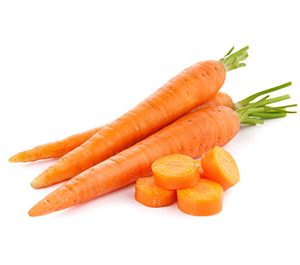
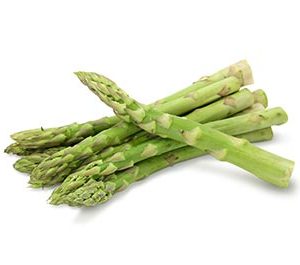
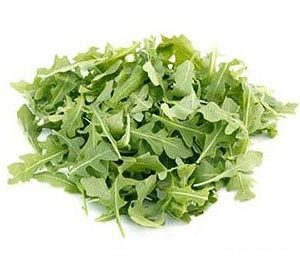
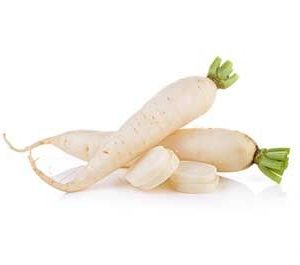
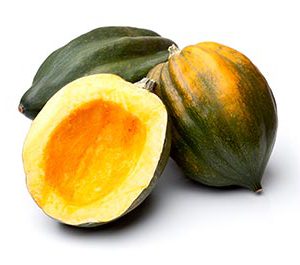
Reviews
There are no reviews yet.